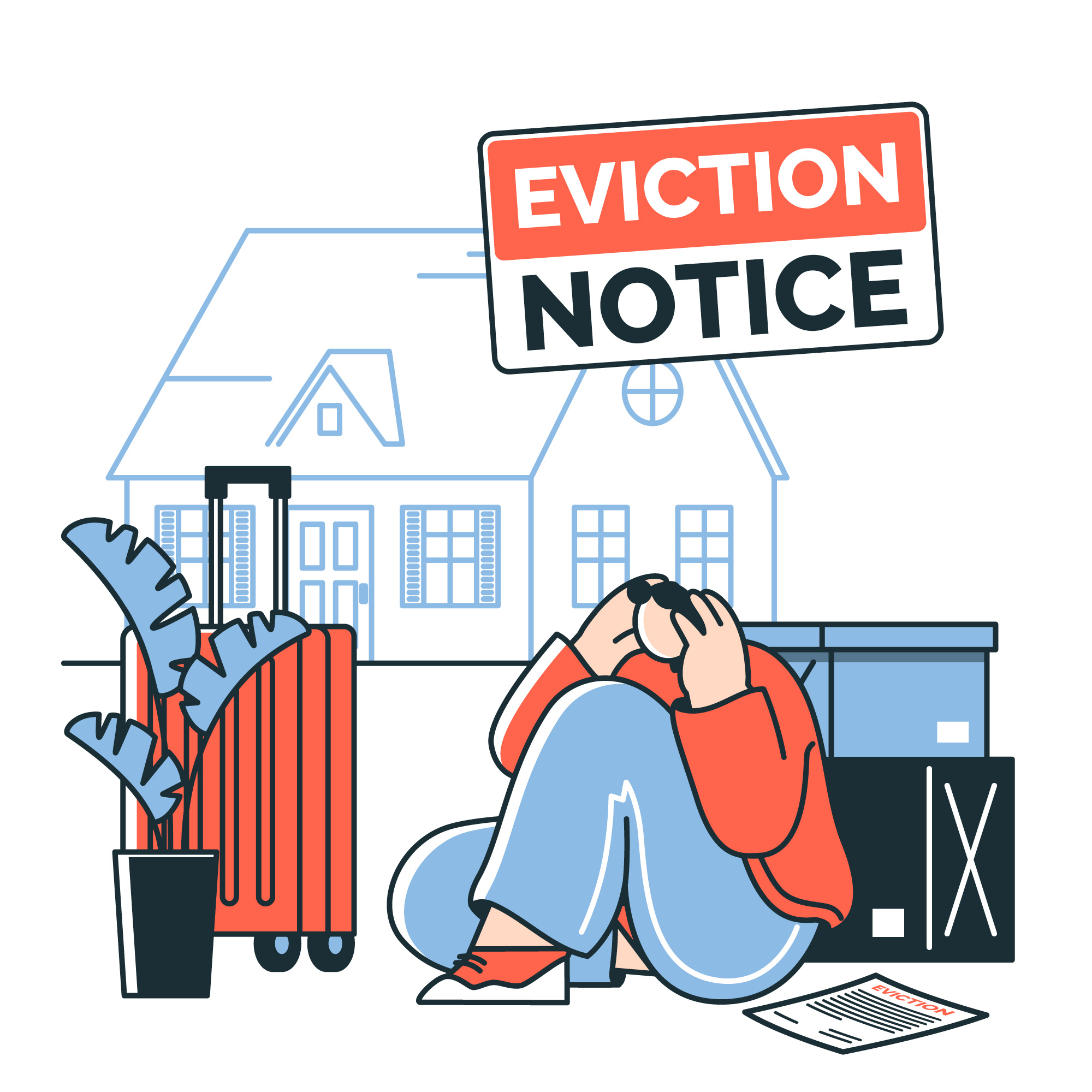
Tenant Eviction & Legal Process
By Arthur Grant | January 24, 2025
Introduction
Tenant eviction is a challenging and legally sensitive process that landlords must handle carefully to ensure compliance with UK laws. Understanding the correct procedures can help landlords avoid costly mistakes and potential legal disputes. In this guide, we’ll walk through the key steps involved in tenant eviction, the legal requirements, and best practices to ensure a smooth process.
Table of Contents
- Legal Grounds for Tenant Eviction
- Notice Periods and Serving an Eviction Notice
- Court Proceedings and Possession Orders
- Enforcing an Eviction Order
- Common Challenges and How to Handle Them
- Frequently Asked Questions (FAQs)

Legal Grounds for Tenant Eviction
Landlords can only evict tenants under specific legal grounds, including:
- Rent Arrears – If a tenant fails to pay rent for a prolonged period.
- Breach of Tenancy Agreement – Violations such as subletting without permission.
- Property Damage – Significant damage beyond normal wear and tear.
- End of Fixed-Term Tenancy – Reclaiming the property at the end of a tenancy agreement.
- Anti-Social Behaviour – Persistent disruptive behaviour affecting neighbours.
Notice Periods and Serving an Eviction Notice
The eviction process starts with a formal notice. The type of notice required depends on the reason for eviction:
- Section 21 Notice – Used for no-fault evictions at the end of a tenancy.
- Section 8 Notice – Issued when a tenant has breached the tenancy agreement.
Serving the Notice
To serve the notice effectively:
- Ensure the notice meets all legal requirements.
- Provide the correct notice period (typically 2 months for a Section 21 notice).
- Deliver the notice properly (by hand, recorded delivery, or email if permitted).
Court Proceedings and Possession Orders
If a tenant does not vacate after receiving notice, landlords may need to apply for a possession order through the court:
- Standard Possession Order – Used when rent is owed.
- Accelerated Possession Order – A quicker process if no rent arrears exist.
- Court Hearing – Required for Section 8 cases where evidence of breach is necessary.
Enforcing an Eviction Order
If the tenant still refuses to leave after a court order, landlords must:
- Obtain a warrant of possession from the court.
- Hire county court bailiffs or high court enforcement officers to carry out the eviction legally.
Common Challenges and How to Handle Them
- Tenant disputes the eviction – Keep thorough records and comply with all legal requirements.
- Delays in court processing – Use the accelerated possession process where possible.
- Illegal eviction claims – Avoid self-help measures like changing locks or removing belongings.
Frequently Asked Questions (FAQs)
How long does the eviction process take? Depending on the method used, the process can take anywhere from a few weeks to several months.
Can a landlord evict a tenant without a court order? No, evictions without a court order are illegal and could lead to legal consequences.
What if the tenant refuses to leave after an eviction order? Landlords must use bailiffs to enforce the order legally.
Next Steps
Need help managing an eviction legally? Compare expert letting agents at FindLettingAgents.co.uk to ensure a smooth and compliant process.
Promoted listings on findlettingagents.co.uk are paid advertisements. Businesses pay a fee to be prominently displayed. Our standard listings remain impartial and are ranked based on relevance to your search criteria.
If you'd like to have your business featured, please contact us for more information.